Dancing through the school year: balancing ballet and school work
Ballerinas put in many hours at the dance studio and at school. The ballet school draws many students from all over to Carlisle.
Balancing school work and ballet always keeps ballerinas on their toes. Central Pennsylvania Youth Ballet (CPYB) is an internationally renowned classical ballet school, offering students amazing opportunity to train in the art of classical ballet.
Their mission is to inspire, educate, and enrich lives through training in and performance of classical ballet. They want to push their students to become the best the can be, while also teaching valuable life skills to the students.
CPYB provides unparalleled training to students from all across the United States and around the world. This means many students come to Carlisle and live away from their homes and families.
CHS freshman Katherine Whitfield came from California with only her mother, specifically to dance with CPYB. Whitfield has only been a part of CPYB since the beginning of this school year, yet she feels she has already learned so much from this experience.
“The improvement I have seen in just the past months is incredible,” said Whitfield.
The school principal of CPYB Alecia Good-Boresow wants students to have a certain feeling when the students enter CPYB.
“When you step inside the doors of CPYB, there is a special ‘magic’ in the air,” said Good-Boresow
While joining CPYB is a great opportunity to further student’s ballet skills, it takes dedication. Students spend hours each day improving their ballet skills.
Senior Emily Flook said, “I practice from around four to nine.”
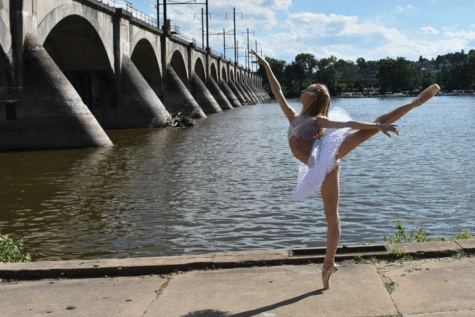
Senior Emily Flook strikes a pose next to Susquehanna River in Harrisburg. Originally from Raleigh, North Carolina, Flook moved to the Carlisle area to attend the Central Pennsylvania Youth Ballet school.
Flook only goes to school for four periods a day. She leaves after fourth period to do her homework before she heads to ballet for the night.
CPYB students dance intense schedules, with long hours, but one benefit is that Carlisle High School allows ballerinas to be exempt from gym classes. The school works with the students to make their class schedule fit with their dance schedule.
Johanna Jones, head of CHS counseling services, said, “It’s been a long-standing relationship we have had with CPYB for decades. These dancers are dancing an intense schedule of 20 to 25 hours a week.”
The hours that the students practice shows the dedication and desire they have to improve their ballet skills. While learning these intricate dances may be hard, they also have the challenge of balancing their schoolwork.
While some CPYB students may choose to be homeschooled or do cyber school, many choose to attend Carlisle High School. With either option, time management is key for ballerinas.
Whitfield said, “You have to know how to sit down and get a lot of work done.”
Good-Boresow agrees that time management is vital.
She said, “They have learned how to have great time management, juggling school and ballet for a nice balance.”
While dancing these long hours each day while also having to keep on top of schoolwork may seem stressful, CPYB is a school that teaches more than just ballet.
“It taught me responsibility,” said Flook. “CPYB has taught me a lot about staying focused and always working harder to better yourself. […] I guess the biggest responsibilities CPYB has taught me are staying focused and to always act as a role model.”
CPYB is an intense yet rewarding school. Students practice for long hours each day, while also balancing their schoolwork. It can become difficult and stressful at times, but it teaches students important life skills, which they may not have otherwise learned.
Want to help the Herd? Please consider supporting the Periscope program. Your donation will support the student journalists of CHS and allow us to purchase equipment, send students to workshops/camps, and cover our annual website hosting costs.
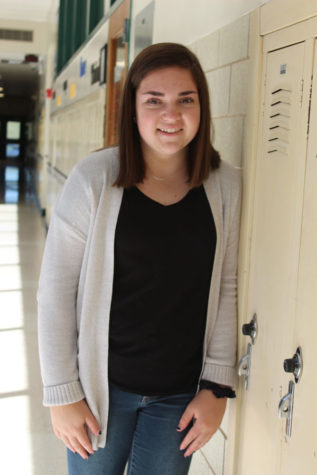
Abigail Lindsay is excited to share the role of editor in chief with Samantha Martin, for her third and final year on the Periscope staff. At CHS, she...




























































































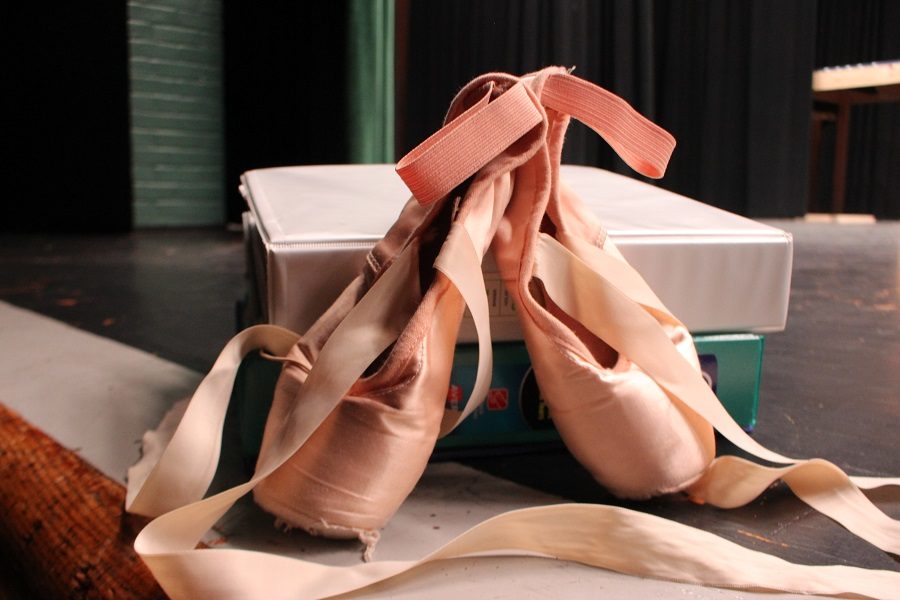
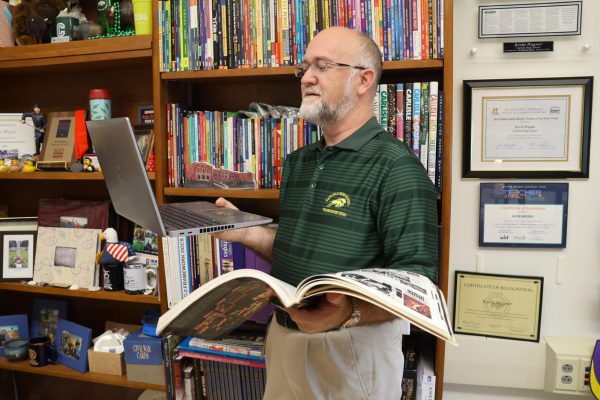

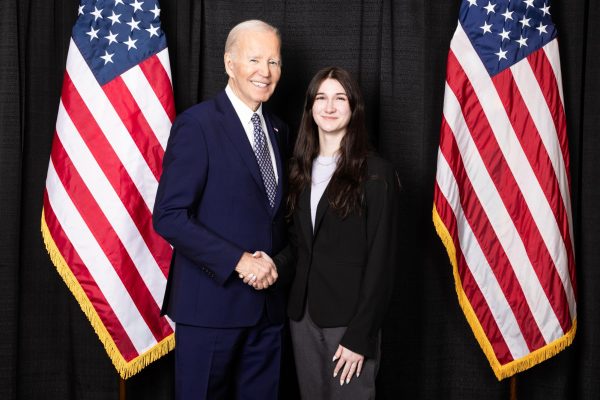


Allison Closs • Jan 8, 2018 at 5:58 pm
I think it’s a smart move on the school’s part to exempt ballerinas from P.E., but it bothers me that the same rule doesn’t apply for regular student athletes. While I doubt any of the school’s athletic programs are nearly as vigorous as CPYB, there are many students who spent several hours everyday at sports practice, but still have to take P.E. It just seems a little unfair to me.